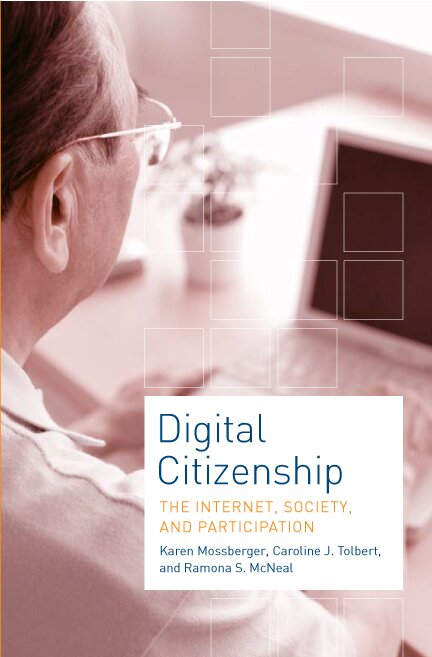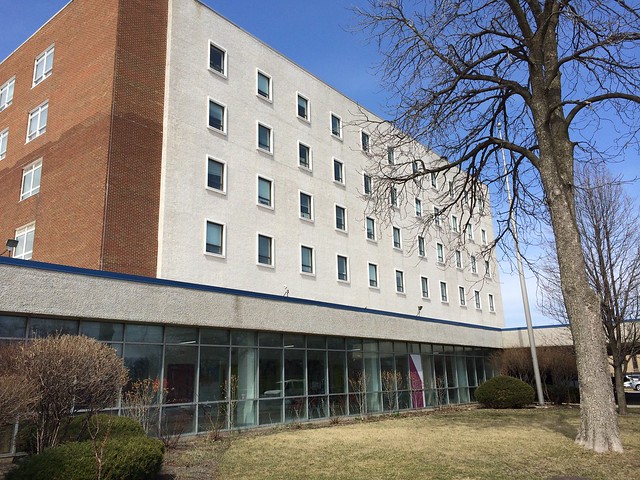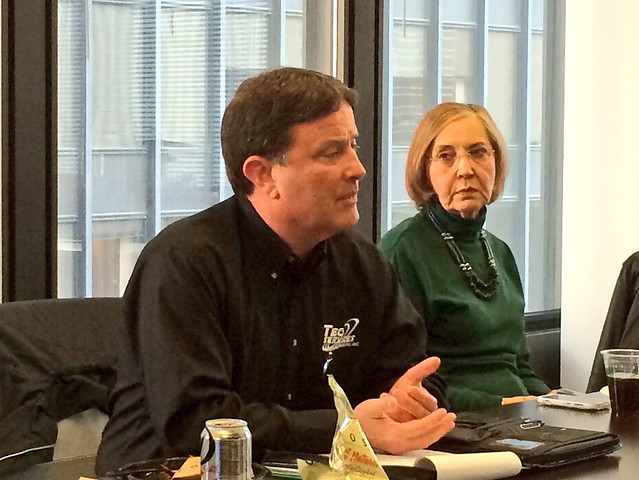 In October 2014, students from the University of Illinois at Chicago Department of Public Administration MPA Capstone program began work on a project to research Computer Technology Centers in Illinois. The UIC MPA Capstone team, Ta’Shona Griffin, Patrick Hastings, and Rachel Wagner, presented their report in December 2014. Their main goals as outlined by the project were to:
In October 2014, students from the University of Illinois at Chicago Department of Public Administration MPA Capstone program began work on a project to research Computer Technology Centers in Illinois. The UIC MPA Capstone team, Ta’Shona Griffin, Patrick Hastings, and Rachel Wagner, presented their report in December 2014. Their main goals as outlined by the project were to:
- Collect and analyze data on Computer Technology Center (CTC) programs through interviews with program managers
- Collect and analyze data on program successes through surveys with program participants
- Report on trends amongst grant recipients, program components and program participants
- Recommend methods to maximize use of DCEO technology grants, and to increase connections with grant recipients
Here’s their full report and their presentation. Following is highlights of the work:
Design and Results
The Capstone team looked at 22 organizations ranging from Chicago and the metropolitan area to Aurora/Naperville, Rockford, Peoria, Springfield, the St. Louis metropolitan area, as well as rural areas of the state. Organizations varied in type, from libraries and other public entities to nonprofits, such as religious institutions and community centers. They interviewed staff from the organizations on topics such as funding, communication, program monitoring, performance measurement and lessons learned. Then, the Capstone team requested for these staff members to send a survey to their program participants who completed a technology training program at the respective organization. Here is a look at the general categories for the survey questions:
- Comfort Levels and Attitudes.
- Skills Learned.
- Program Communication.
- Work Skills Developed.
- Computer Usage and Activity Levels.
The report looks at responses from each region and then overall trends across regions. Here is just one example:
The interview process brought out the fact that some organizations changed from general computer classes to more skills based classes. This reflects what the surveys questions on comfort levels with computers and Internet brought out. Respondents generally had a high comfort level with computers with 54% saying they felt very comfortable and 22% saying somewhat comfortable.
With overall computer comfort levels high, it could give an explanation as to why some organizations had to transition to a skills-based training. These people already have general knowledge of computers, yet they do not have knowledge on specific programs.
Recommendations
Here’s the recommendations from the UIC Capstone Team after their research:
While many of the organizations do a good job at bringing people in and getting them involved in using technology, some recommendations can be made to increase efficiency within these organizations… They follow with enhancing program criteria, coordinating operations, and overall better contact amongst grantees.
Here is just a snippet from each of the Capstone Team’s recommendations:
Enhancing Grant Criteria
The most important part of this grant program is not only to give people in Illinois the opportunity to use computers and get on the Internet, but to help them learn the importance of and how to be proficient with technology. That is why we recommend enhancing the criteria for receiving the grant, to incorporate some kind of acknowledgement of achievement within their programs…
We would also recommend that these certificate programs be standardized statewide, to remain consistent in the value of the certificate of completion…
Collaboration
It is crucial that the centers near each other collaborate with one another to share best practices, refer clients, and know what programs are being offered. This would be need to happen in order for the previous recommendation to really be beneficial. One of the most important collaborations that we see with this program is between the non-profits and the libraries. Since these organizations often have different approaches to the technology programs they have the ability to ‘feed’ off each other to achieve greater outcomes.
Communication
The last recommendation for increasing efficiency among organizations relates to communication between CTCs, the grant program, and the larger DCEO. The Capstone team recommends the development of a system of cotact statewide (and perhaps regionally), whereby the Advisory Committee or other agency or program representatives could maintain… The Committee (or relevant program representative) could use this to send out program information, trends, and best practices to organizations across the state.
We really appreciate UIC Capstone Team for doing this extensive work. You can see their complete report here:



